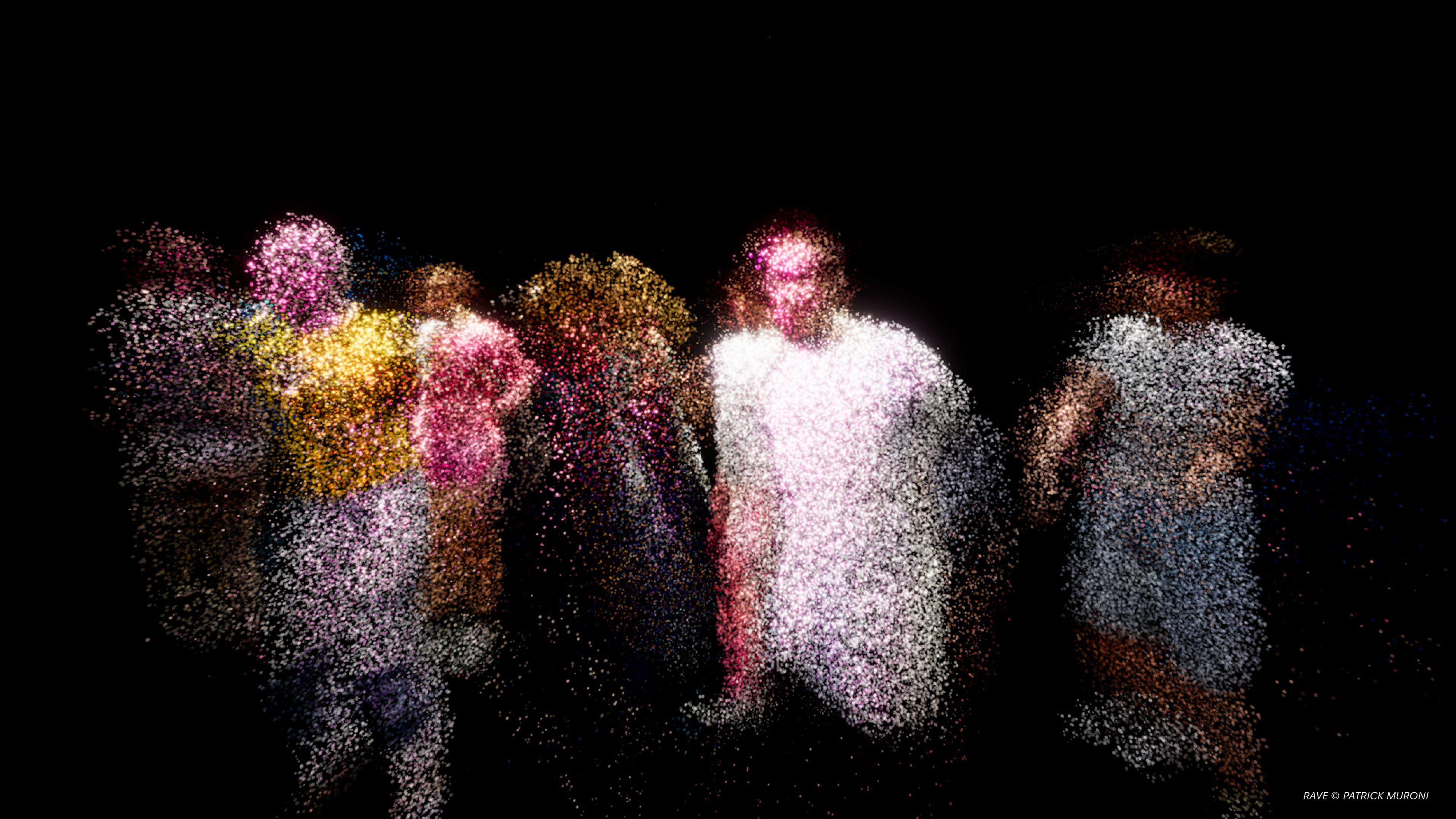
Jägermeister logo is not religiously offensive, court rules

The logo of the Jägermeister brand – a stag with a shining white cross between its antlers – is not immoral and can be used as a promotional symbol in Switzerland, a court has ruled.
Judges at the Federal Administrative Court in St Gallen rejected on Monday a case seeking to restrict Jägermeister’s use of the logo solely to alcohol bottles and items of clothing. The Swiss Federal Institute of Intellectual Property had demanded the restriction on the grounds that the image was offensive to the religious leanings of some consumers.
The court, however, said this was not the case: although the story behind the logo indeed stems from an old Christian tale, today the average consumer associates it clearly with the Jägermeister liqueur rather than revelation.
The deer and glowing cross of the herbal drink refers to the story of Saint Hubertus, an eighth-century Belgian who was so passionate about hunting that he often neglected his religious duties. One day (Good Friday, as it happened), while he was patrolling the forests, a stag with a glowing cross between its antlers appeared before him and a heavenly voice told him to get back to his godly tasks.
For the Swiss federal judges, however, the “intensive” use of the image by Jägermeister had “weakened its religious character” over time, and nobody was likely to be offended.
The company is thus free to use it for all promotional activities and products in Switzerland including cosmetics, mobile phones, or telecommunications services.

In compliance with the JTI standards
More: SWI swissinfo.ch certified by the Journalism Trust Initiative




























You can find an overview of ongoing debates with our journalists here . Please join us!
If you want to start a conversation about a topic raised in this article or want to report factual errors, email us at english@swissinfo.ch.